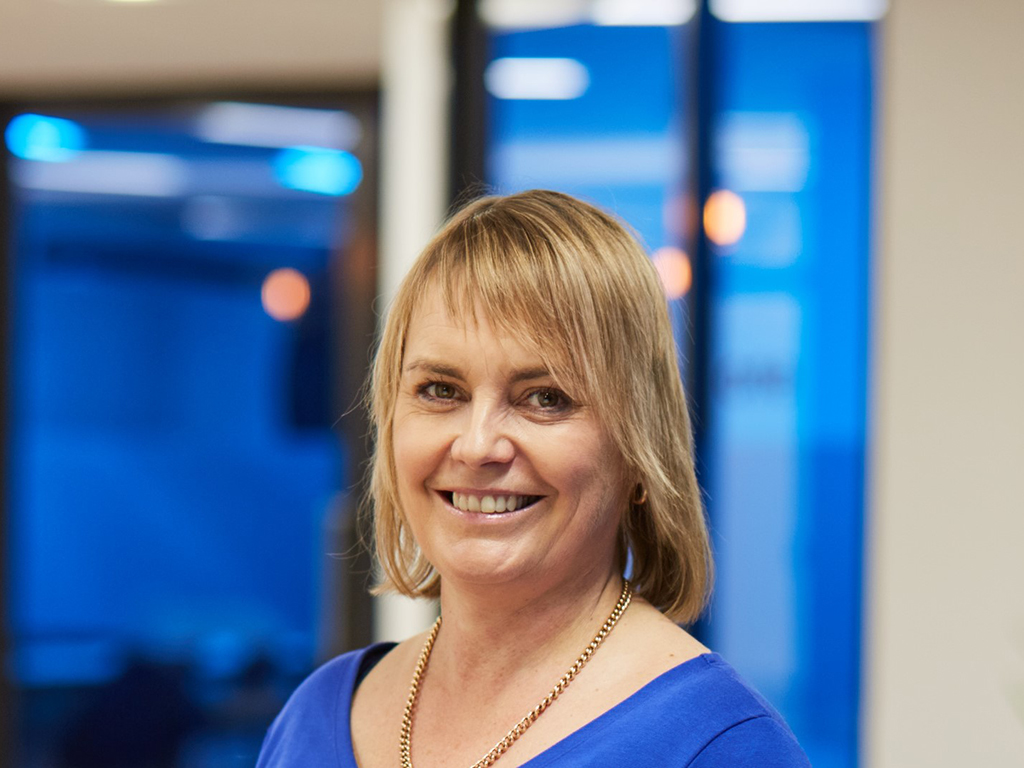The working lives of many New Zealanders are in the midst of “massive change and upheaval” while employers face great uncertainty as the market adjusts to the aftermath of the Covid-19, warns Donna Lynch, general manager of employment agency AWF.
Lynch expects a “caution and a lack of appetite” from many companies to hire permanent employees and a move toward “contingent and contract staffing solutions” as businesses upscale to meet market demand beyond level 2.
She says there’s been “an exponential increase in job applications” in Hawke’s Bay and a corresponding reluctance to hire permanent staff. “In 20 years in the recruitment industry I have not seen such effect across so many sectors.”
Nationally around 40,000 people have applied for the benefit since lockdown and according to Infographics, Hawke’s Bay stands to lose about 7,000 jobs. When the job assistance grants run out those numbers are expected to blow out even further.
AWF, a division of AWF Madison Group, the largest New Zealand-owned staffing agency with offices in Napier, is itself facing uncertainty with hiring intentions unclear. “It’s patchy based on the transition from alert levels. Our clients are finding it difficult to forecast in advance,” says Lynch.
“We expect that retail spending will not bounce back due to the lack of consumer confidence. From seasonally-adjusted data from the Ministry of Social Development, 20–29 year olds are the most likely to become unemployed.”
Job inquiries escalate
With huge job losses expected across the district there’s been an incremental increase in those applying for work, submitting CVs, making direct calls or enquiring through AWF’s social networks.
The recruitment agency provided experienced staff from existing talent pools for essential services during the level 4 lockdown and that requirement increased during level 3 and level 2.
Some employers have needed additional workforce to manage alternative ways of working, with an increase in roles such as pick and pack staff, supermarket packers, security personnel and logistics roles.
AWF has often been a conduit for people transitioning into new sectors, including from the airline sector into in-demand areas such as the grocery channel.
While hospitality and tourism are being hard hit in Hawke’s Bay, job seeker registrations are coming from candidates across all walks of life, including transport and construction.
Lynch says retaining talent is a big focus, with companies looking at their workforce and considering how skillsets can be best used or mobilised, often with retraining required.
Workplace challenges
Many businesses have had to change the way they operate with split shifts, adding additional staff that need to be transported, while practicing physical distancing, including sectors such as roading.
Some employers have had to alter production and shift scheduling to accommodate the needs of employees such as childcare or personal health concerns.
She urges employers to continue to act in good faith, display empathy and adhere to all requirements of the employment agreement if they’re having to lay off staff.
And she suggests they do their best to support staff for future success, use networks to help determine where job opportunities might lie and use specialist outplacement services to help them “put their best foot forward in the job market”.
Employers should engage with recruitment agencies early. “Invite the agency to come in and talk to affected staff about what they do, the work available and how it may support them through their search for work.”
Change requires resilience
Redundancy, reduced earnings due to less hours, or changes to the tasks people are asked to perform is likely to have a widespread impact on many people that may be difficult to work through at individual, family and community levels.
That, says Lynch, will require resilience – something we’re not born with, but develop through behaviours, thoughts and experiences over time.
She says supportive personal and professional networks can help those who have lost jobs. “Take time to consider the change and its impacts before making significant decisions and plan for the road ahead.”
That may mean considering a new industry or career path, what skills are transferrable and how they might be used. “One of the most effective and successful ways of securing work is to use your networks and the resources available and be open to new opportunities.”
She suggests using free online resources to build a CV and registering with recruitment agencies to reconnect with the world of work. “If you are made redundant see if your employer will provide and pay for outplacement support services – career support and advice, CV preparation and skills testing to help give you a jump on other applicants.”

